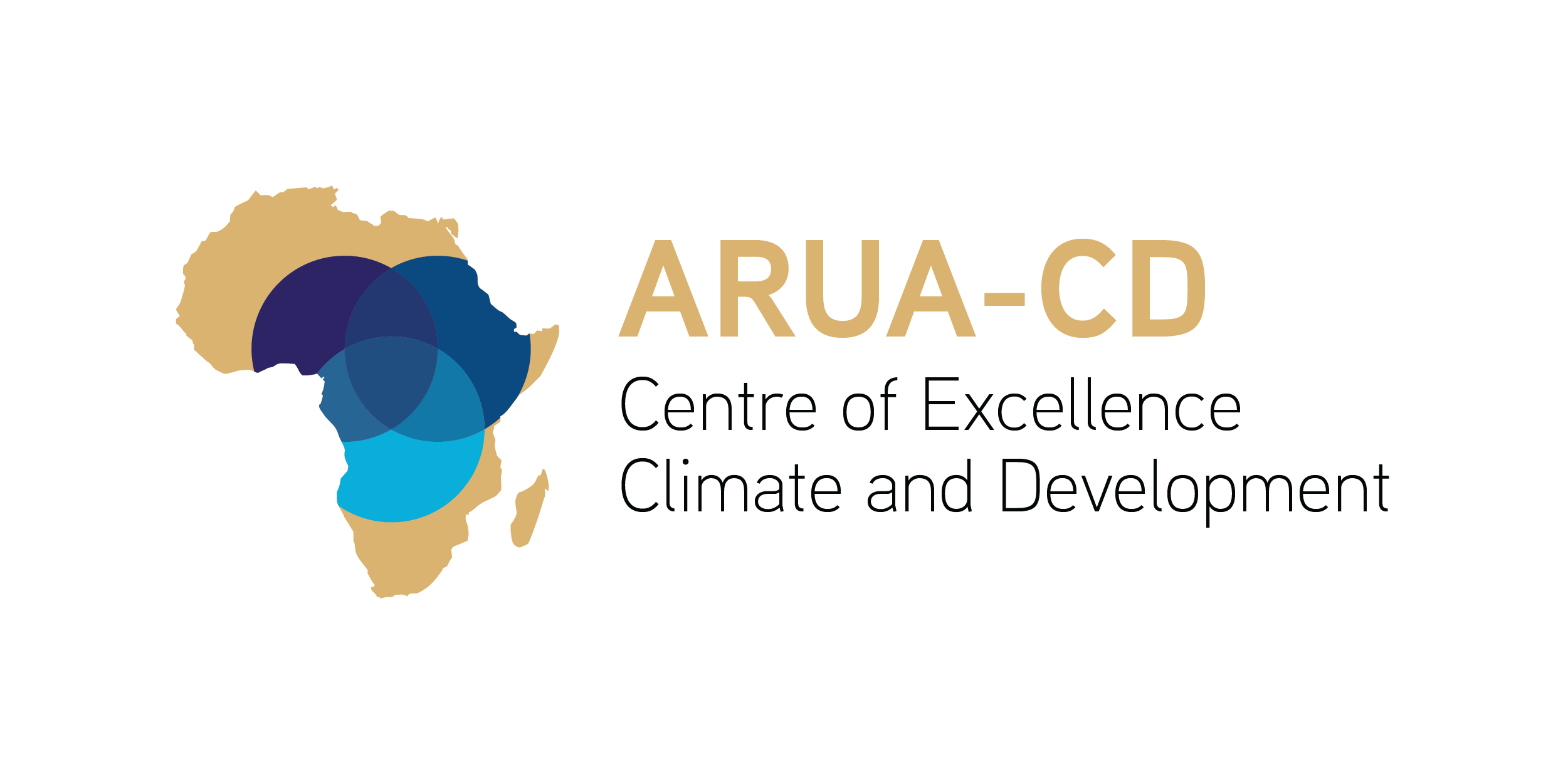Reflecting on the Africa–Europe Clusters of Research Excellence Conference

More than 200 leading researchers from Africa and Europe gathered in Stellenbosch, South Africa, from 29 September to 2 October 2024, for the inaugural Africa–Europe Clusters of Research Excellence (CoRE) Conference. The event marked a milestone in the partnership between the African Research Universities Alliance (ARUA) and The Guild of European Research-Intensive Universities. This collaboration aims to tackle global challenges through interdisciplinary research.
The conference, held 15 months after the launch of the initiative's first 17 CoREs, provided a platform to assess progress and set future goals. Since its inception, the CoRE initiative has grown to 21 clusters, bringing together researchers from 120 institutions across 42 countries. Each cluster is co-led by academics from both African and European universities, focusing on critical issues such as climate change, public health, food security, and sustainable development.
The Africa–Europe CoRE initiative represents a major step forward in addressing shared global challenges. By fostering long-term cooperation between researchers across continents, it not only advances scientific research but also strengthens institutional partnerships, setting a new standard for international collaboration in research and development.
CoRE for Nature-Based Solutions for Climate Change Adaptation and Mitigation
The CoRE for Nature-Based Solutions (NbS) for Climate Change Adaptation and Mitigation, co-led by Guy Midgley (Stellenbosch University) and Silvanna Sabatino (University of Bologna), is addressing climate vulnerabilities affecting both continents. ARUA-CD, one of the participants in this cluster, represents a strong contingent from the University of Cape Town, the University of Ghana, and the University of Nairobi. ARUA-CD was represented by researchers Mark New, Petra Holden, Britta Rennkamp, Chris Gordon, Adelina Maria Mensah, Anna Taylor, and Ruwani Walawege, who contributed to discussions on the cluster’s future steps. These researchers attended both the conference and a focused session on the next phase of the NbS cluster, ensuring that ARUA-CD’s perspectives and priorities were included in the cluster’s strategic planning.
The NbS Cluster’s structure comprises four hubs, each focusing on a distinct area of climate resilience: a Climate Services Hub for research and decision support, an NbS Innovation Hub for scaling and testing NbS solutions in living labs, an Adaptation and Mitigation Hub to develop large-scale solutions, and a Capacity Building Hub to support doctoral networks and educational initiatives. The planned collaborative PhD programme within the cluster will allow students to work on cross-institutional research projects, supporting their skills development in various climate solutions while facilitating co-supervision between African and European universities. Partner institutions, including Stellenbosch University and the University of Bologna, play essential roles in funding and implementing these programmes, setting the groundwork for joint or dual degrees and aligning coursework across the institutions.
The CoRE Conference highlighted the significance of joint, transdisciplinary research in addressing global issues. With refined strategies for the NbS Cluster and priority themes established for 2025, the next steps include finalising the administrative framework for the PhD programme and aligning activities across the hubs. This ongoing collaboration underscores the depth of research partnerships between Africa and Europe, promising impactful climate research and sustainable development initiatives in the years ahead.
